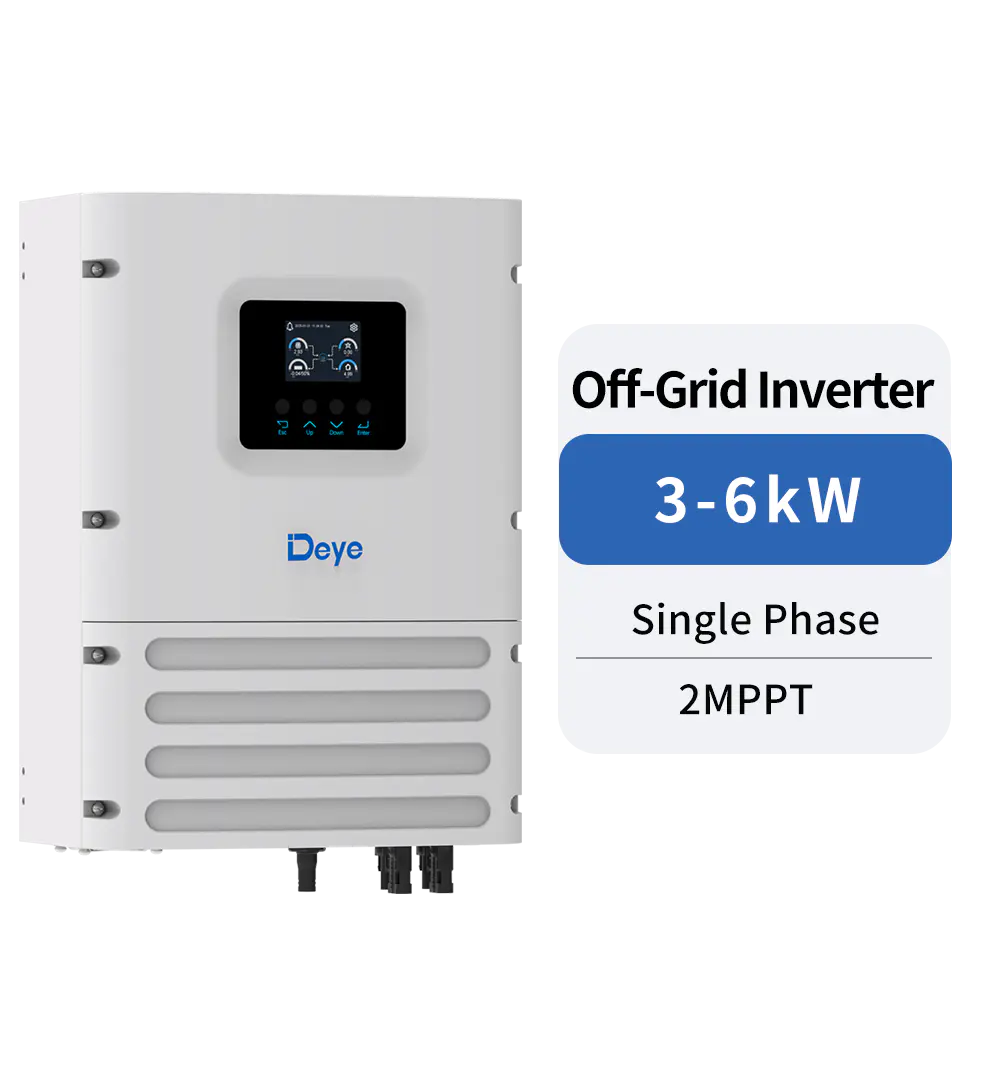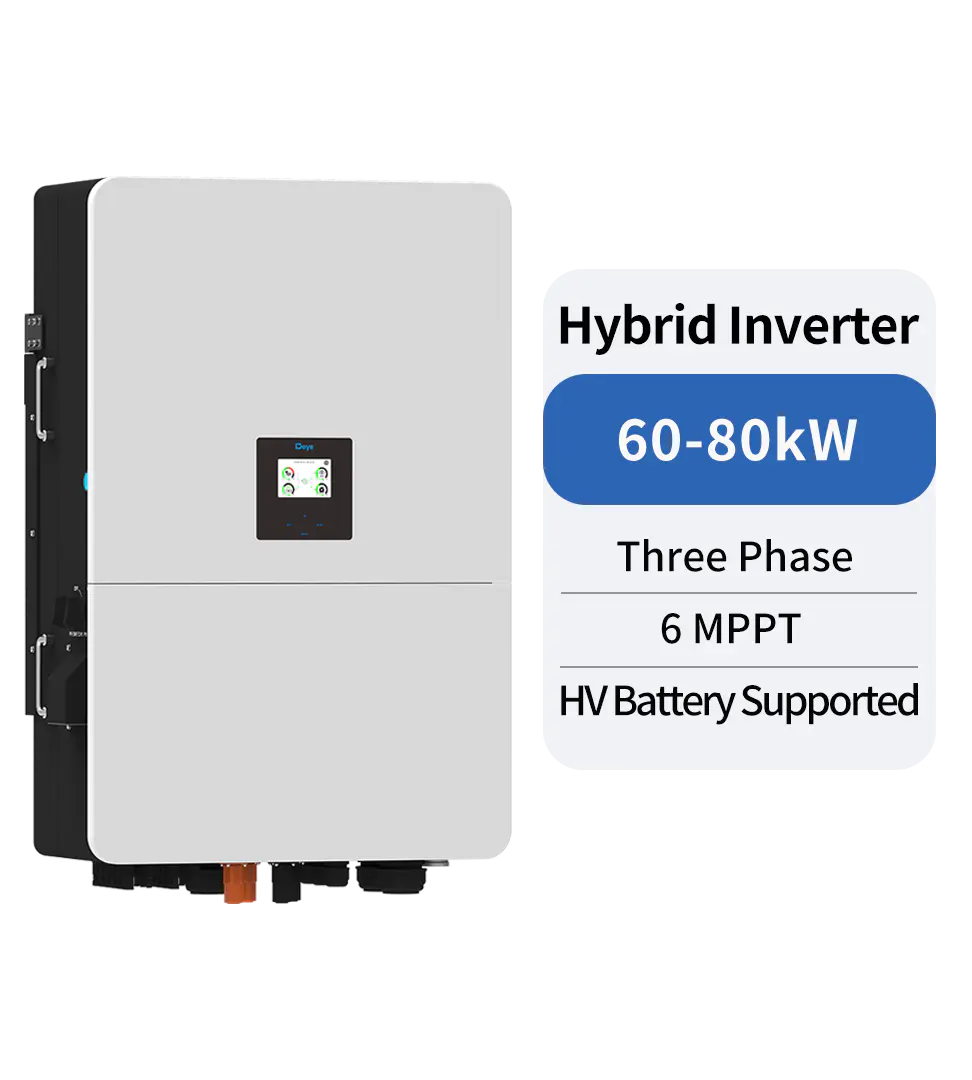Technical Topics
Using Solar Inverters for RVs
Solar inverters are basically a small switchboard that enables you to convert the DC output of your solar PV power system to AC or DC. Most solar PV systems operate on the same general principles; however, they are designed to be more efficient and minimize the need for costly and space-consuming solar panels. For this reason, many homeowners are now exploring the possibility of connecting solar PV systems to their local electric utility's grid. In this article, we'll discuss the types of residential solar inverter systems, why they're a good option for anyone considering solar PV as an alternative source of energy, and what kinds of inverters currently available.
The more common solar inverter setup involves two or more batteries. One battery is installed in a solar energy system's main system and the other in a remote location. They both have their own DC power output and the main system uses the batteries' DC output in order to charge itself. Generally, when you're using more than one battery, the solar system's output will be limited by the amount of available power coming from the batteries; when all batteries are charged up, the solar inverter is not able to supply full output.
-g03.偏侧.png)
There are several benefits to having your solar panels and batteries connected in this way. Since the solar inverter is "always on" and never needs to run, it allows your electricity bills to be lower during the times when the solar panels are not working. Also, since the inverter only charges the batteries when necessary, you can store energy that you do not use, and then use it later, perhaps during the evenings, on cloudy days. Many battery storage devices offer warranties that extend to up to 20 years; while this may be preferable for battery packs used in recreational vehicles, it may not be practical in homes with a conventional energy bill. For these kinds of systems, a portable battery inverter may be your better option.
On a smaller scale, an RV solar inverter works pretty much the same way. A separate inverter is installed in the vehicle's electrical system. It provides DC power that the RV's batteries can then use to run various systems, such as fans, televisions, outdoor lighting and so forth. These systems are designed for short-term use only, and you should not expect to get a whole house of electricity, even if you do purchase a complete solar panels kit. In more cases, these systems can still run just fine without the use of the inverter.
But what if you want to use your vehicle as a portable power source all around the country, and even all over the world? In this case, your better bet would be a hybrid system. A hybrid system uses batteries to power the vehicle as well as the solar panels. They may be used in combination to provide a totally self-sufficient unit. The downside to a hybrid system is that the batteries will eventually need to be replaced. If you live in an area where there is no electricity grid available, you could have to store the excess electricity in a special battery bank.
When there is no electricity grid available, or when your region does not provide the level of sunshine your vehicle will require, you will still have your self-sustaining solar system. Many RV owners prefer to keep the electricity generated by their vehicles at home, in the event that they do not have access to a utility grid. For these kinds of people, keeping the electricity supplied by their own car is a good compromise.
However, you should keep an eye on the cost of the batteries and inverter. Lead-acid batteries tend to be more expensive than alkaline batteries. And a car needs a lot of juice to operate, and if it is not running off of a guide-acid battery, it can be expensive to run. It can also waste a lot of energy if it is running on a low battery for extended periods of time. An inverter can help overcome some of these disadvantages, so you may decide that it is worth buying one regardless of whether or not you have a solar panel on your RV.
At some point, all RV owners will need to find some way to supplement the power they get off the grid. As hybrid systems become more common, this may be the case for RVs as well. But even if you do not have a hybrid system installed on your RV, you can be sure that your car will continue to get you around on some level, even if you do not have any access to electricity.
PREV:Hybrid Inverters and Their Advantages
NEXT:No next article
Share
Product recommendations
news recommendations
-

-
 Green Industry, Bright Future: Deye Distributor Summit – Dubai 2025 Concludes Successfully
Green Industry, Bright Future: Deye Distributor Summit – Dubai 2025 Concludes SuccessfullyIn November 2025, Deye Group successfully hosted the “Green Industry, Bright Future—Deye 2025 Dubai ...
-
 Deye’s Malaysia Johor Manufacturing Base Officially Breaks Ground — A Key Step Forward in Its Globalization Strategy
Deye’s Malaysia Johor Manufacturing Base Officially Breaks Ground — A Key Step Forward in Its Globalization StrategyOn October 2, 2024, Deye Group (hereinafter referred to as “the Company”) held a groundbreaking cer...

 China - 简体中文
China - 简体中文 Global - English
Global - English Brazil - Português
Brazil - Português Netherlands - Dutch
Netherlands - Dutch Italy - Italiano
Italy - Italiano Germany - Deutsch
Germany - Deutsch Spain - Español
Spain - Español France - Français
France - Français Vietnam - Tiếng Việt
Vietnam - Tiếng Việt Poland - Polski
Poland - Polski Australia - English
Australia - English Japan - 日本語
Japan - 日本語


